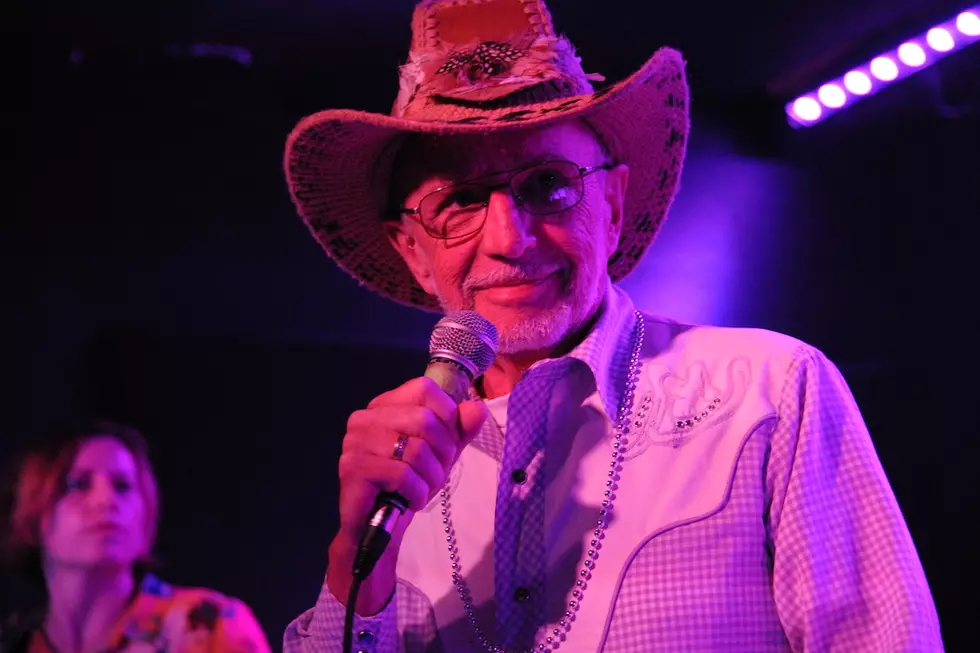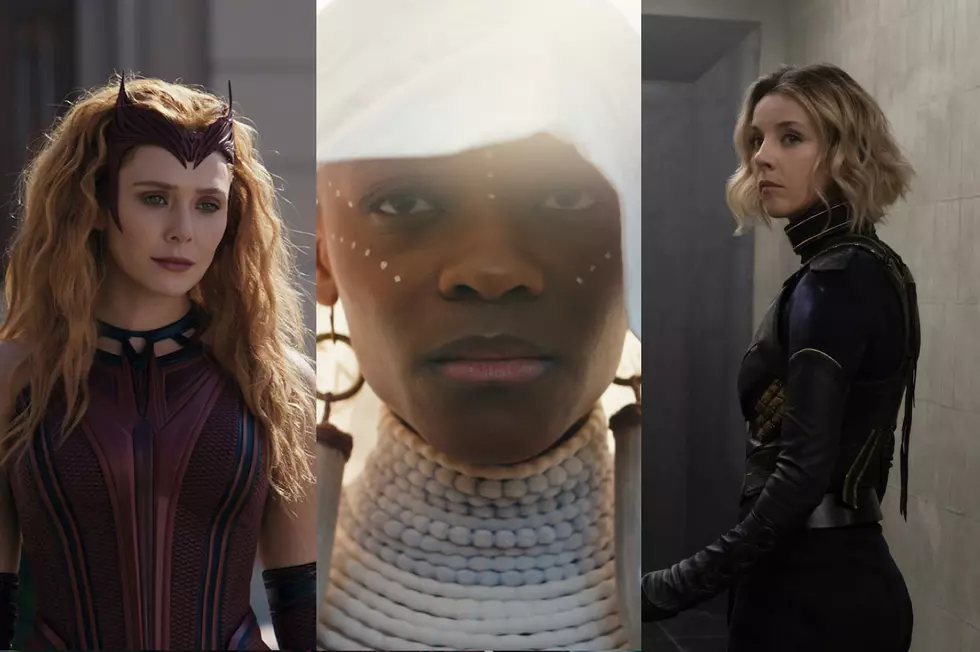
Remembering Patrick Haggerty, the Queer Country Pioneer Who Changed the Genre Forever
In 1959, a small boy sang on the stage at his middle school in rural Dry Creek, Washington, belting out a song for his school talent show. He saw his dad in his audience and tried to avoid him on the way out.
As Patrick Haggerty explained to StoryCorps, he wasn't worried that his father would see him. He was ashamed to be associated with his dad's dairy farmer get-up.
Haggerty's precociousness and puckish rebellious streak led him far beyond the fields of Dry Creek. Haggerty joined the Peace Corps in the 1960s and was expelled from the program for — as he liked to tell his audience — "sucking dick."
Rather than forcing Haggerty into the closet, the Stonewall Uprising in 1969 inspired Haggerty to organize, becoming a fixture of leftist circles in Seattle. Haggerty often called himself a "screaming Marxist b----" with great delight. He put his money where his mouth was, joining Seattle's Black community to occupy the would-be construction site of a new police precinct in the Central District and running for City Council and a seat in the State Legislature, working alongside the Nation of Islam in the 1980s.
Before that, though, Haggerty fell in with the Gay Liberation Front and released his magnum opus Lavender Country in 1973, the first known queer country album. (It was released shortly after Alix Dobkin's Lavender Jane Loves Women, the first known album of explicitly queer music.) The band Lavender Country could only go so far on donations from the nonprofit Gay Community Services of Seattle and benefactors like Faygele Ben Miriam. With no support or acceptance in the music industry — and an album that's still raw and difficult to listen to almost 50 years later — the band eventually folded.
Haggerty continued in politics and music, enjoying the act of creation and raising his two children with his husband, J.B. Broughton. He continued to play in a blues cover band that would tour with him when Lavender Country was re-released by Paradise of Bachelors in 2014. Haggerty performed alongside the scrappy queer country artists who currently make up the scene, unknowing spiritual children of Lavender Country.
In 2019, Haggerty released Blackberry Rose (with a 2022 re-release on Don Giovanni), which featured an inter-generational band featuring original members of Lavender Country and artists from the current generation of rising queer country stars like Paisley Fields and Mya Byrne.
At shows, Haggerty would intersperse raunchy stories with rough-and-tumble performances tumbling out of his band. Well into his late 70s, he would twerk with the best of them before inviting the audience to experience the grief of losing so many of the LGBTQ+ family to AIDs and suicide. He was in awe of young trans activists, even as he was embraced by the community as a rare queer elder. If you spoke with Haggerty one-on-one, he would make you feel like you were his best friend. And he was.
Haggerty's legacy lives on in the current generation of queer country artists. The Belle Curves cut a lilting cover of his semi-autobiographical "Waltzing Will." Haggerty and Trixie Mattel performed a duet of the Lavender Country song "Stranger."
In a time when queer country artists are increasingly gaining mainstream acceptance, Haggerty had no illusions as to how much the mainstream industry in Nashville would push back — as can be seen with the controversy between Brittany Aldean and Maren Morris and the lack of industry response. Haggerty always encouraged his audience and artists to stay true to their principles and to remember that queer liberation could only be achieved by dismantling racism, sexism and capitalism.
Haggerty is survived by his husband and partner of 25 years, J.B. Broughton, and his two children, Amilcar Navarro and Robin Boland. He passed away on Monday, Oct. 31, at home after complications following a stroke.
READ MORE: A Brief History of Queer Country Music, From Lavender Country to Orville Peck
10 Things You Didn't Know About John Prine
More From Y95 Country






![Boo! See Country Stars in Their 2022 Halloween Costumes [Pictures]](http://townsquare.media/site/204/files/2022/11/attachment-CarolineLukeBryan.jpg?w=980&q=75)



